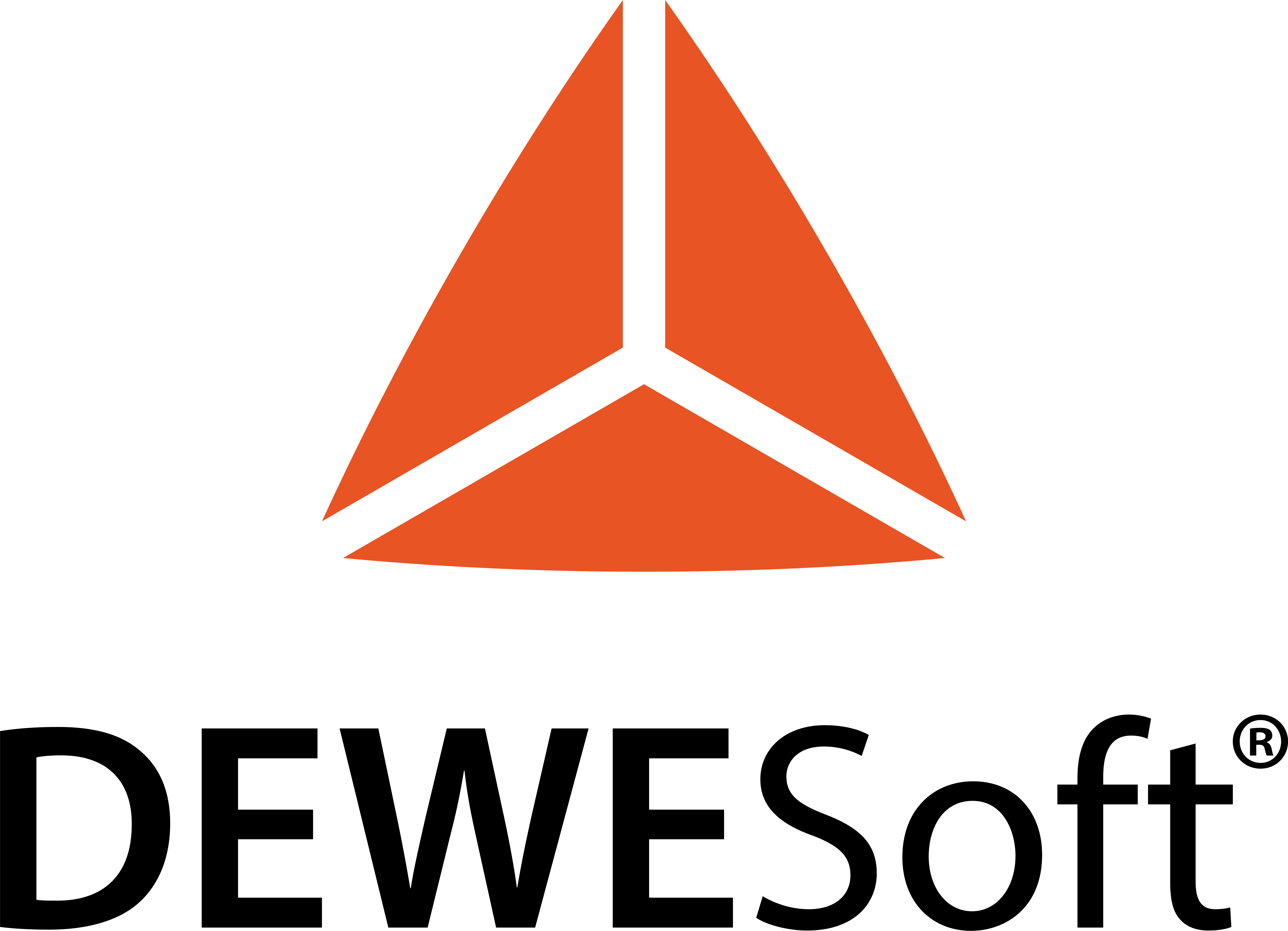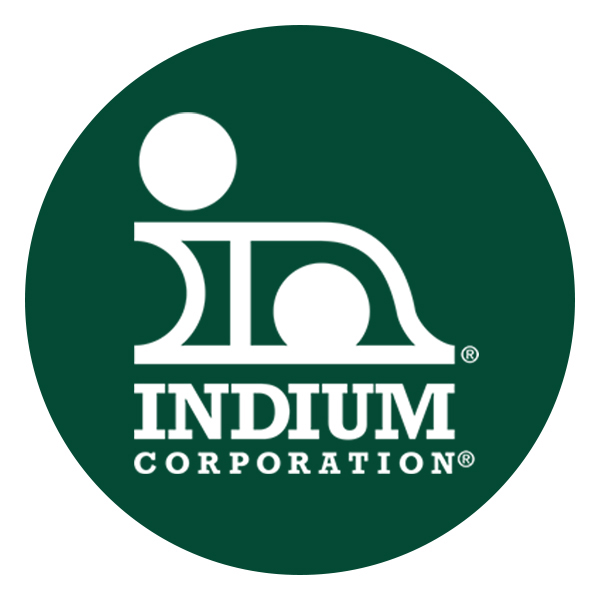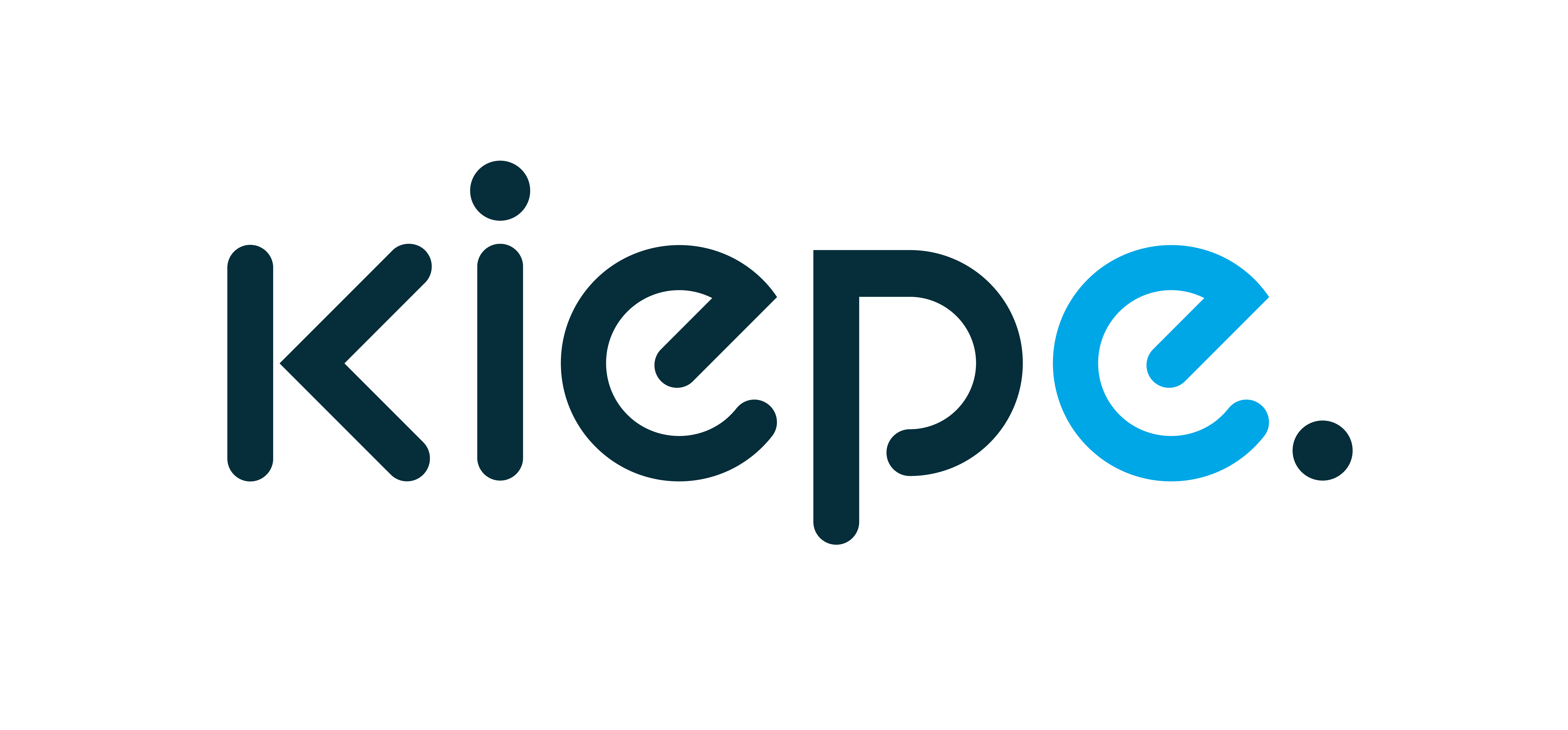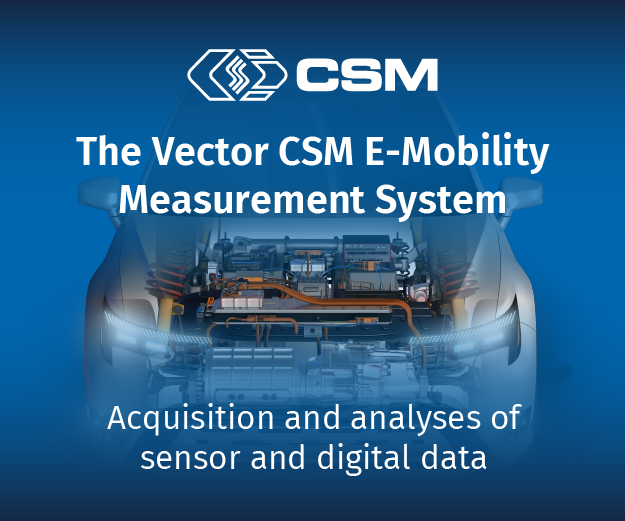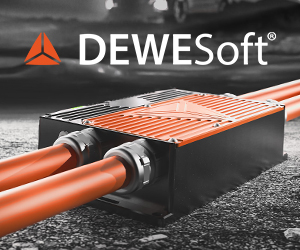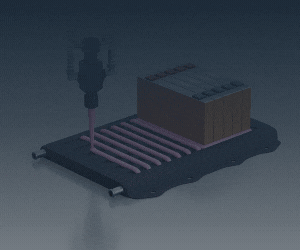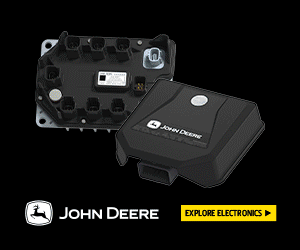Rover will offer mission flexibility
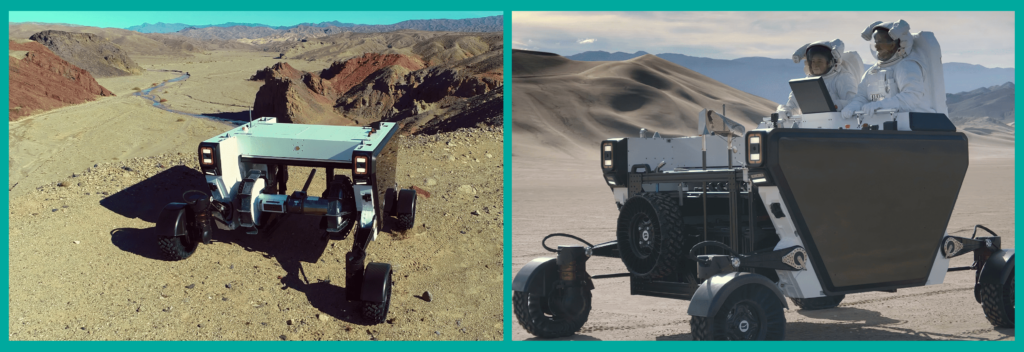
Venturi Astrolab has developed an electric lunar rover with a flexible payload architecture to support a range of regular missions for astronauts (writes Nick Flaherty).
The company plans to offer a fleet of these Flexible Logistics and Exploration (FLEX) rovers to support a sustained human presence on the Moon and Mars.
The FLEX’s four-wheel crab steering capability allows it to keep a 3m² solar panel array pointed towards the Sun while driving to keep the internal batteries topped up. The array can be stowed during highly dynamic operations to avoid it being covered in lunar dust. A removable standing crew interface allows larger payloads to be robotically transported during teleoperations from Earth, lunar orbit or an outpost on the surface.
In addition to the two top-deck payload interfaces used to attach modular elements such as a crew interface and robotic arm, an underslung payload interface can provide up to 3m³ of payload for crew tools, instruments and sample containers.
The rover has metal wheels and adaptive suspension to support operations on the Moon’s surface.
Heavy-duty rocket launchers have been commissioned by NASA to land hundreds of tons on the Moon each month. This requires a new approach to surface operations.
“For humanity to truly live and operate in a sustainable way off Earth, there needs to be an efficient and economical transportation network, all the way from the launch pad to an outpost on the Moon,” said Jaret Matthews, founder and CEO of Astrolab. “Currently, there is a gap in the ‘last mile’, and Astrolab exists to fill it.
“We’ve designed a mobility platform that is payload-agnostic, so it can work within an ecosystem of transportation systems, vehicles and tools. The FLEX achieves a wide range of utility by being able to collect, transport and deposit any payload that conforms to what will be a standard and open interface.”
ONLINE PARTNERS



